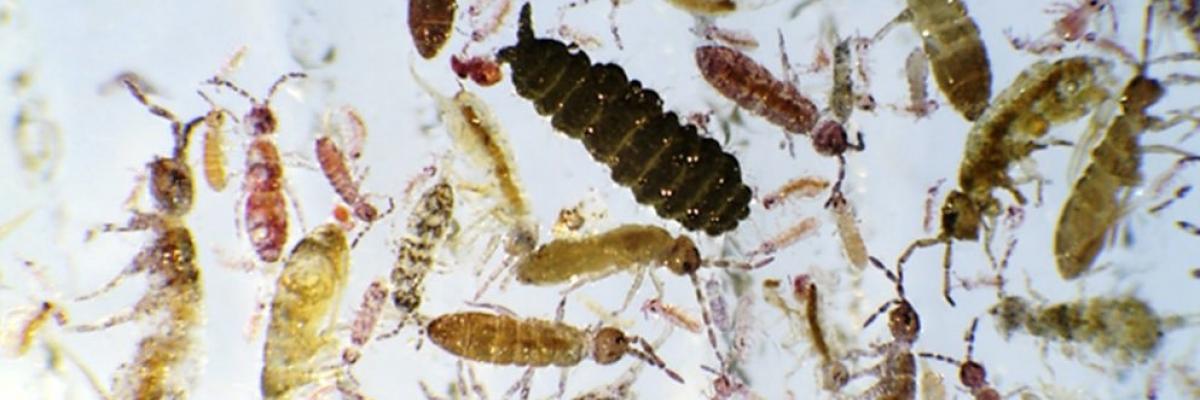
The Role of Soil Biology in Crop Nutrition
Download the PDF
It is vital to support many aspects of soil biology in order to maintain conditions which are beneficial to crop nutrition. The existence of just one organism within the soil can support many others, so a holistic approach to encourage soil biology helps maintain the complex food web; such an approach can be found in agroecological principles. This review by the Game & Wildlife Conservation Trust (GWCT), with support from the Frank Parkinson Agricultural Trust, looks at the importance of soil biology in plant nutrition and how it aids crop growth and yield. It emphasises the role of soil biology in recycling plant nutrients and highlights practices that encourage healthy soil activity. It describes in detail bacteria, fungi and mycorrhizae, earthworms, nematodes, arthropods and protozoa, focusing on their function and farming practices which can encourage them.
Please see here for a summary of the main points provided by the GWCT.

